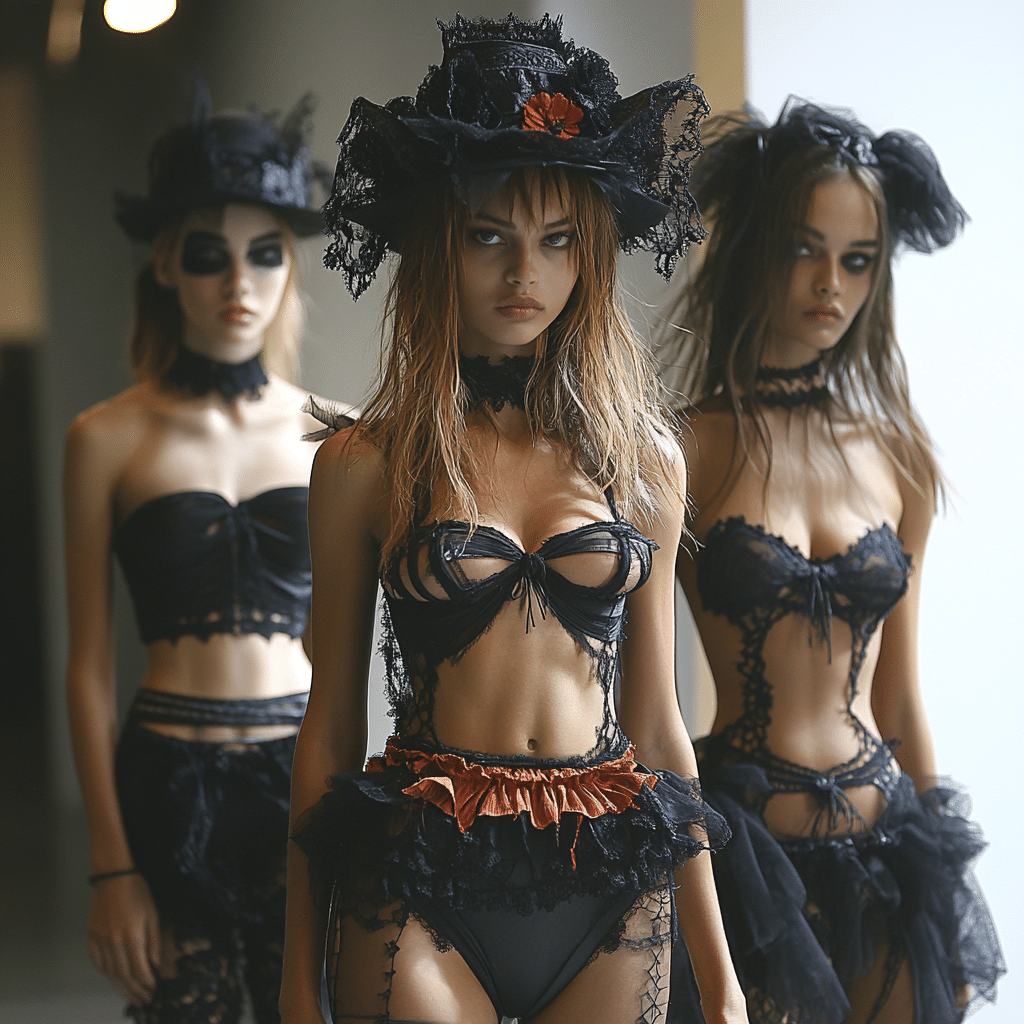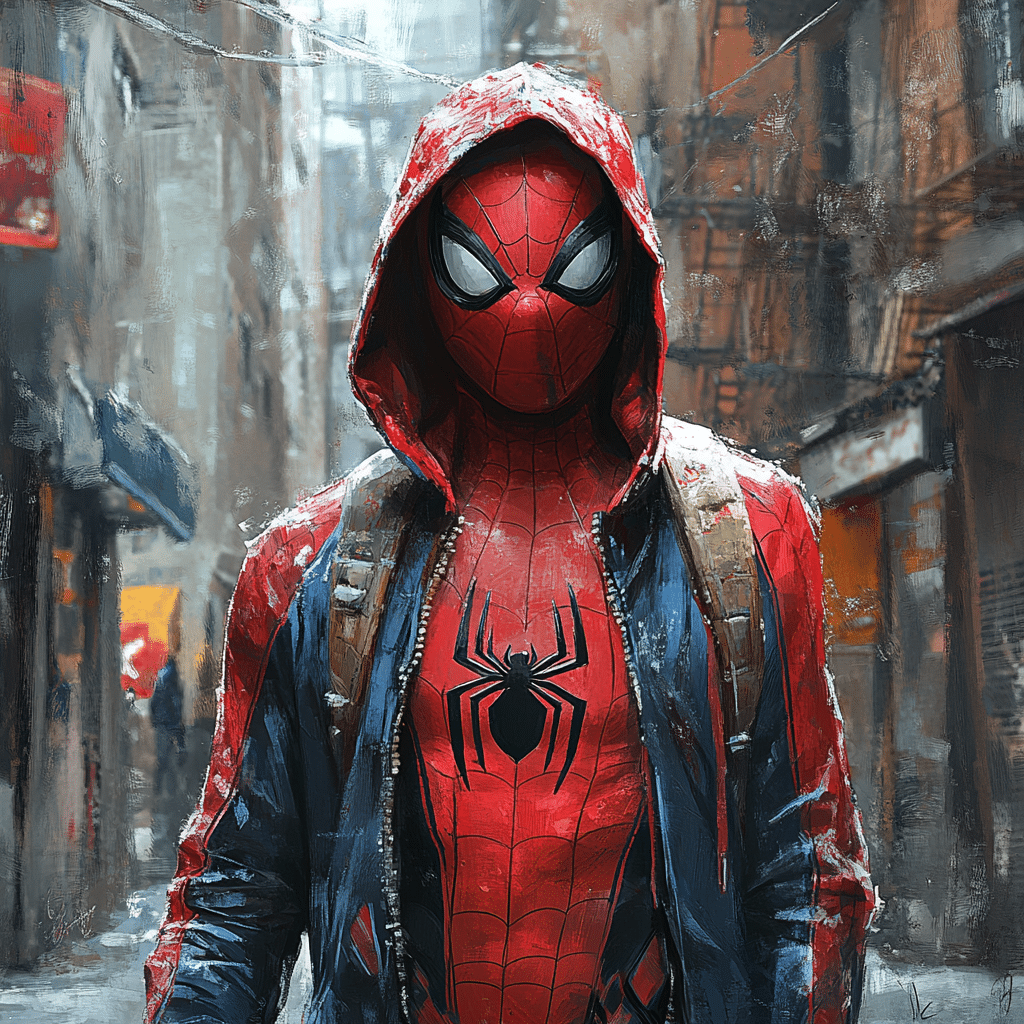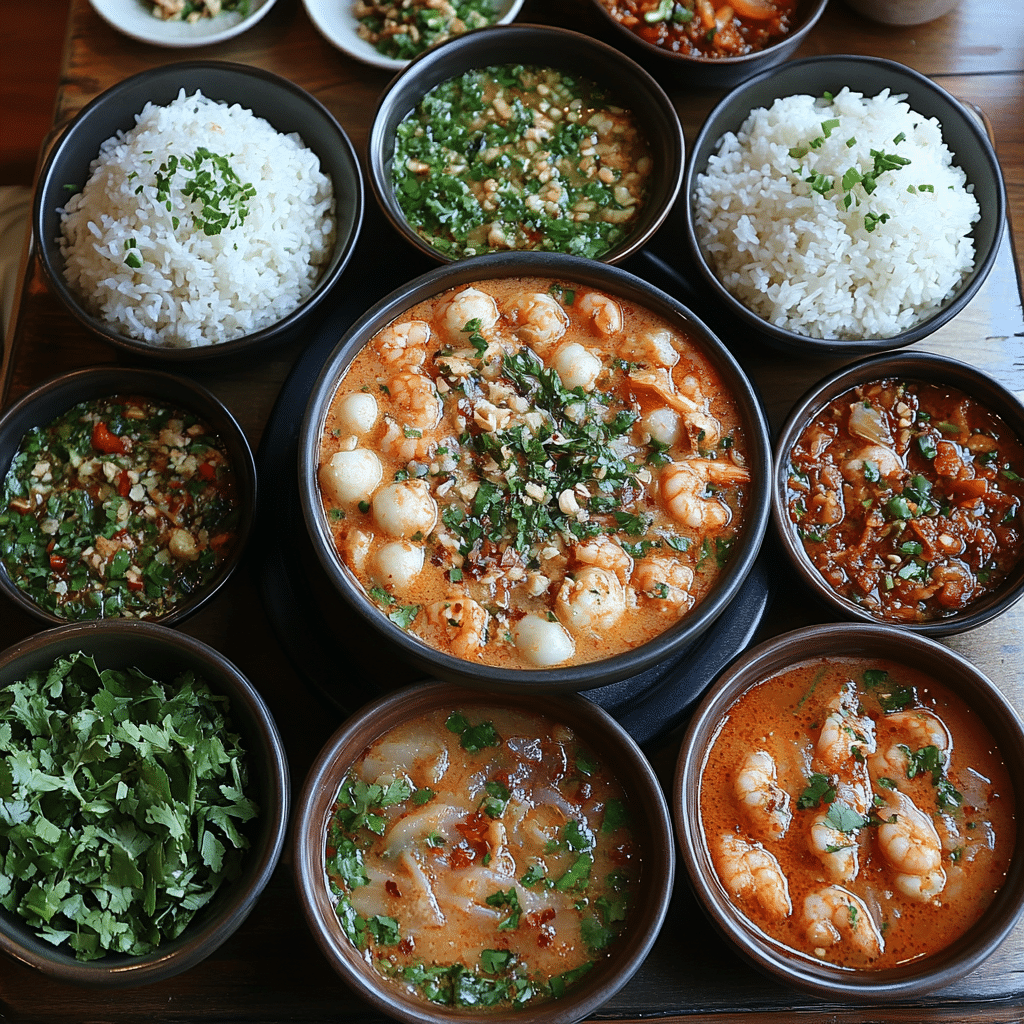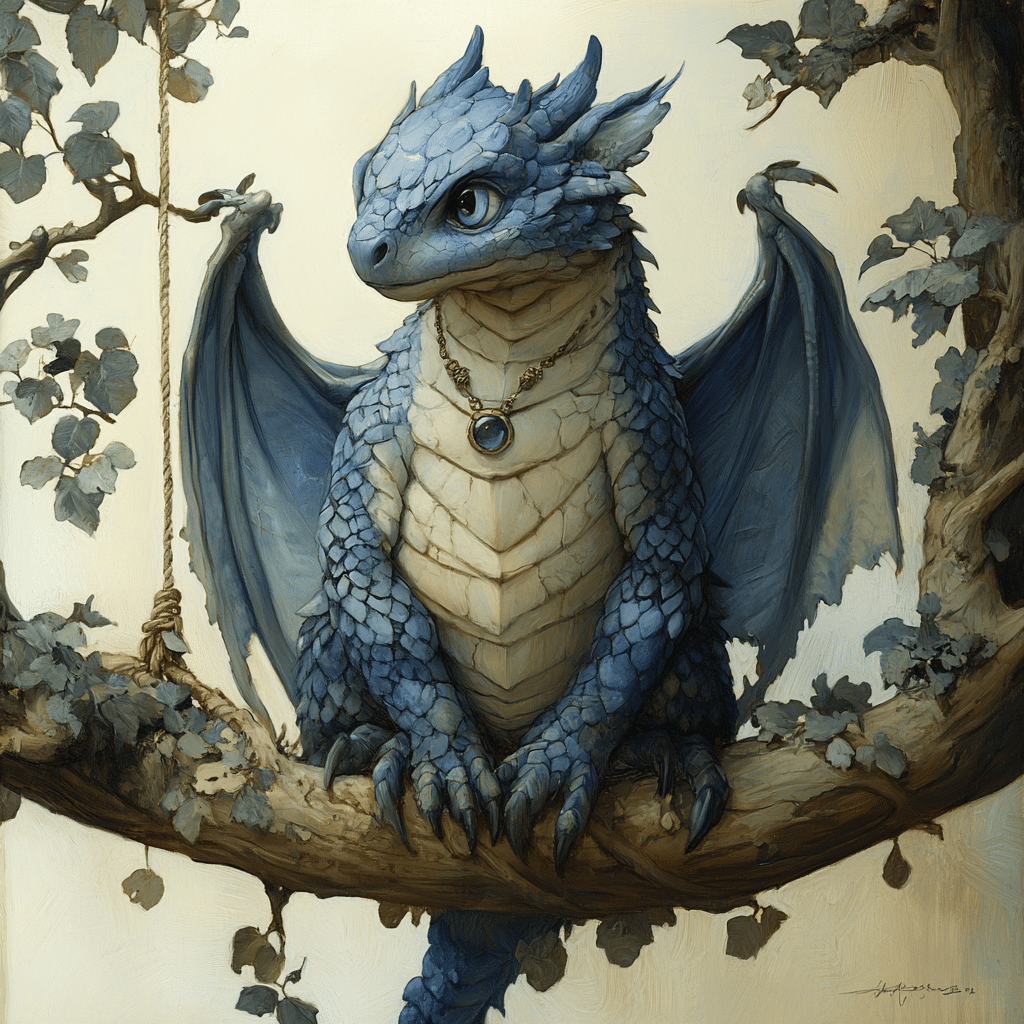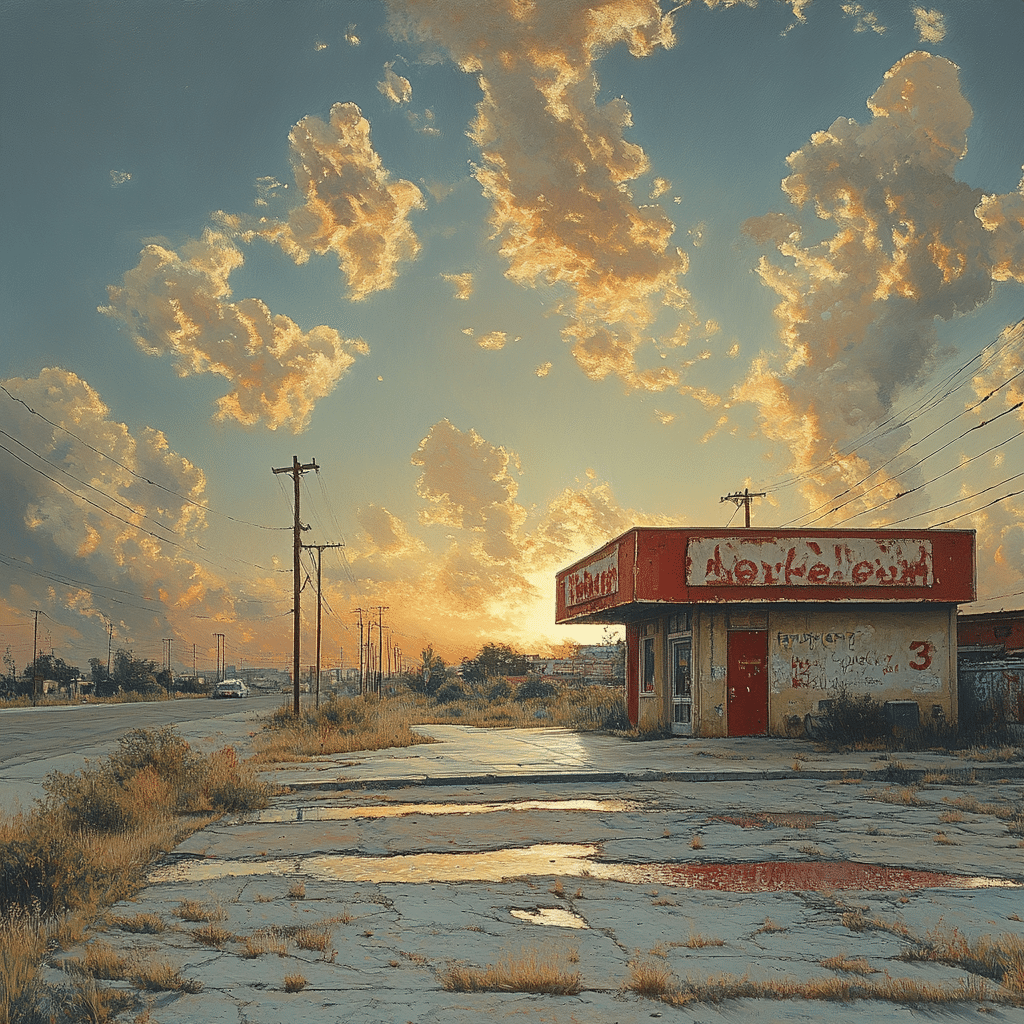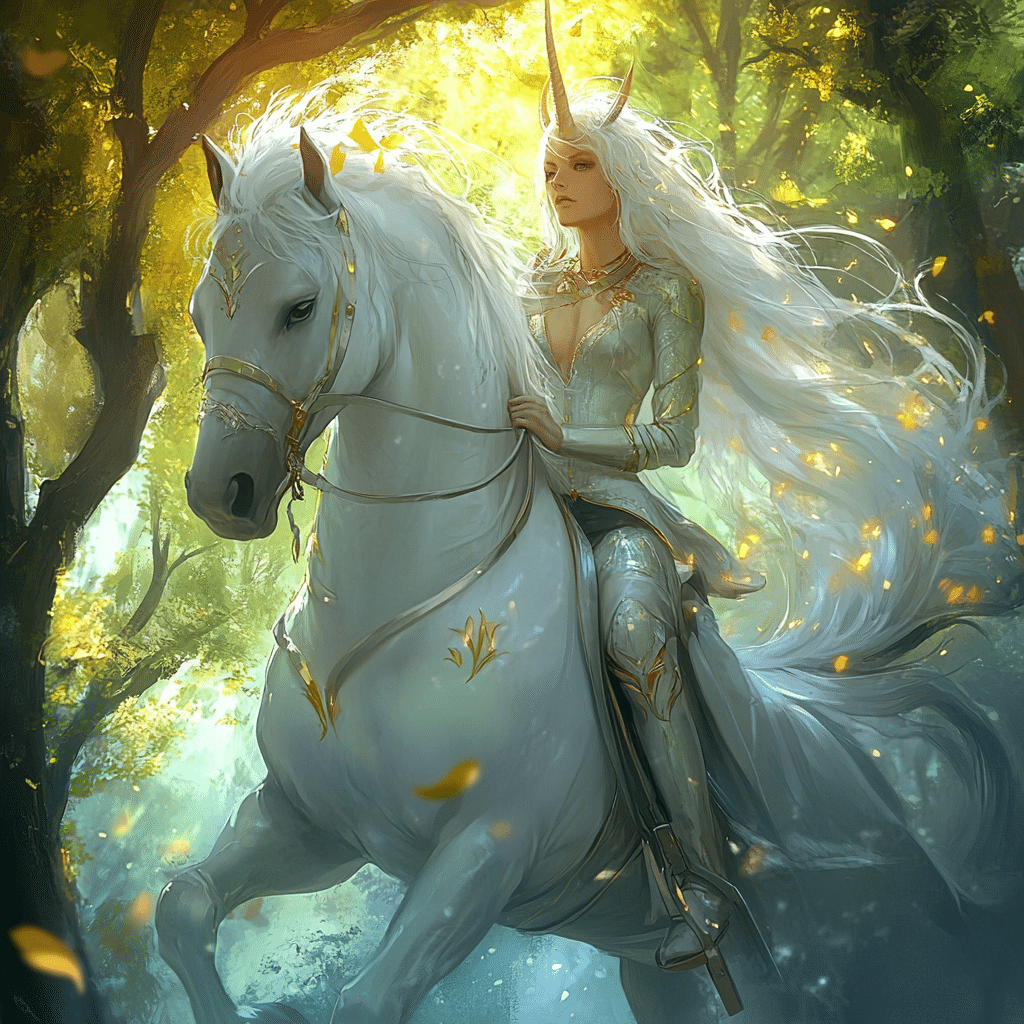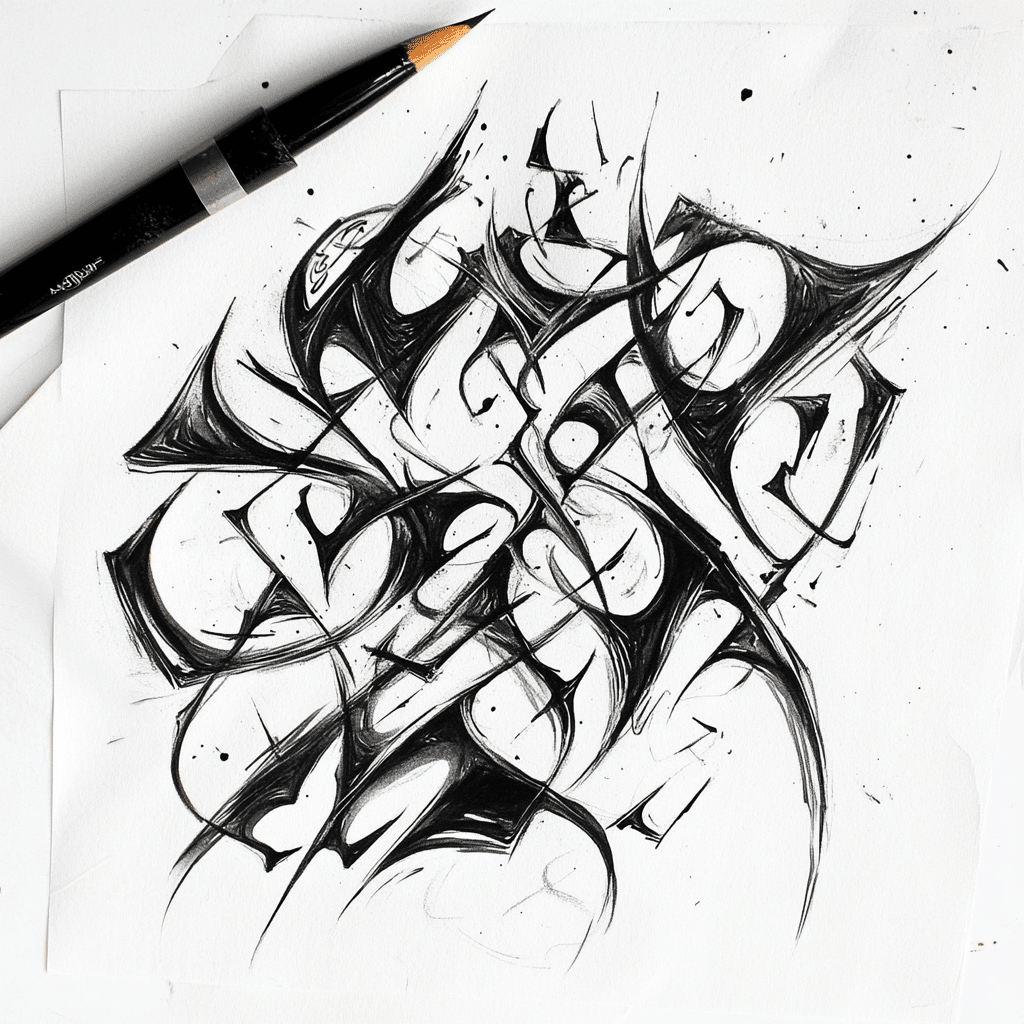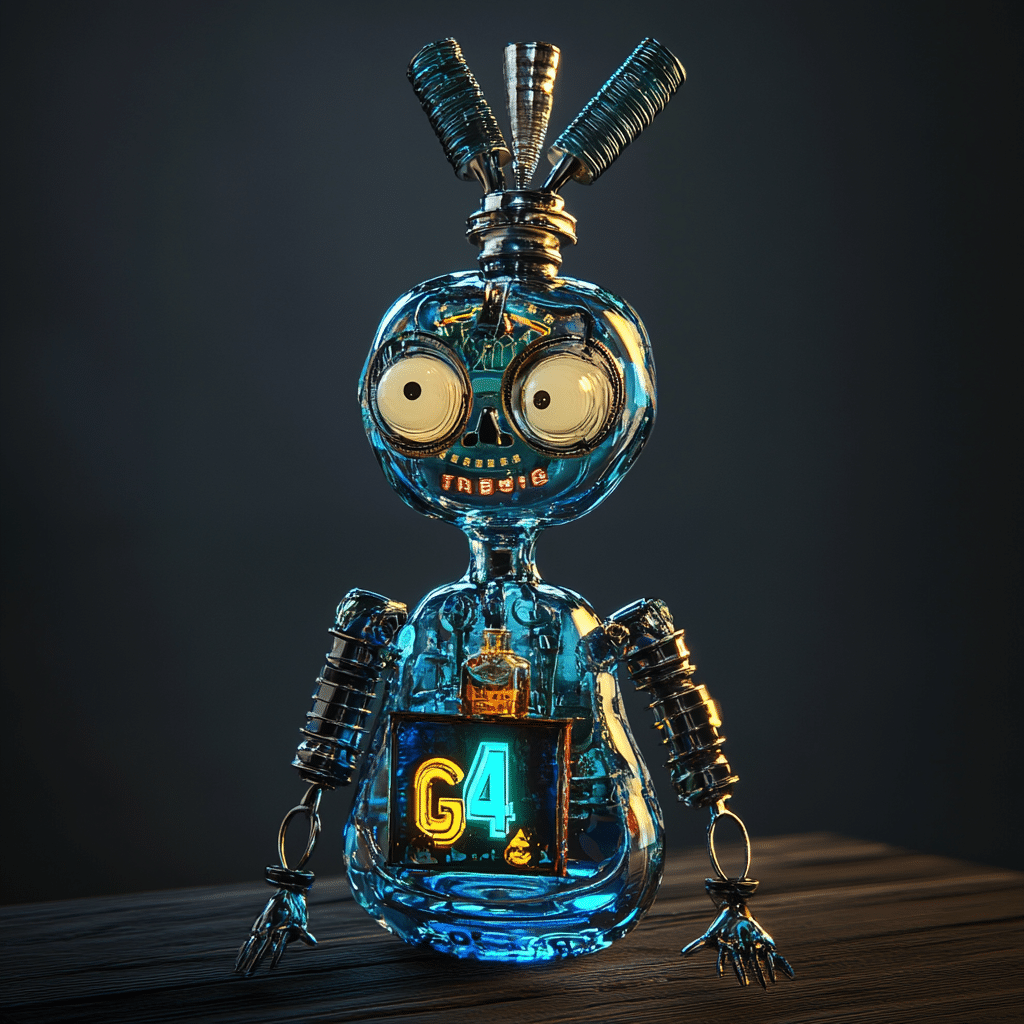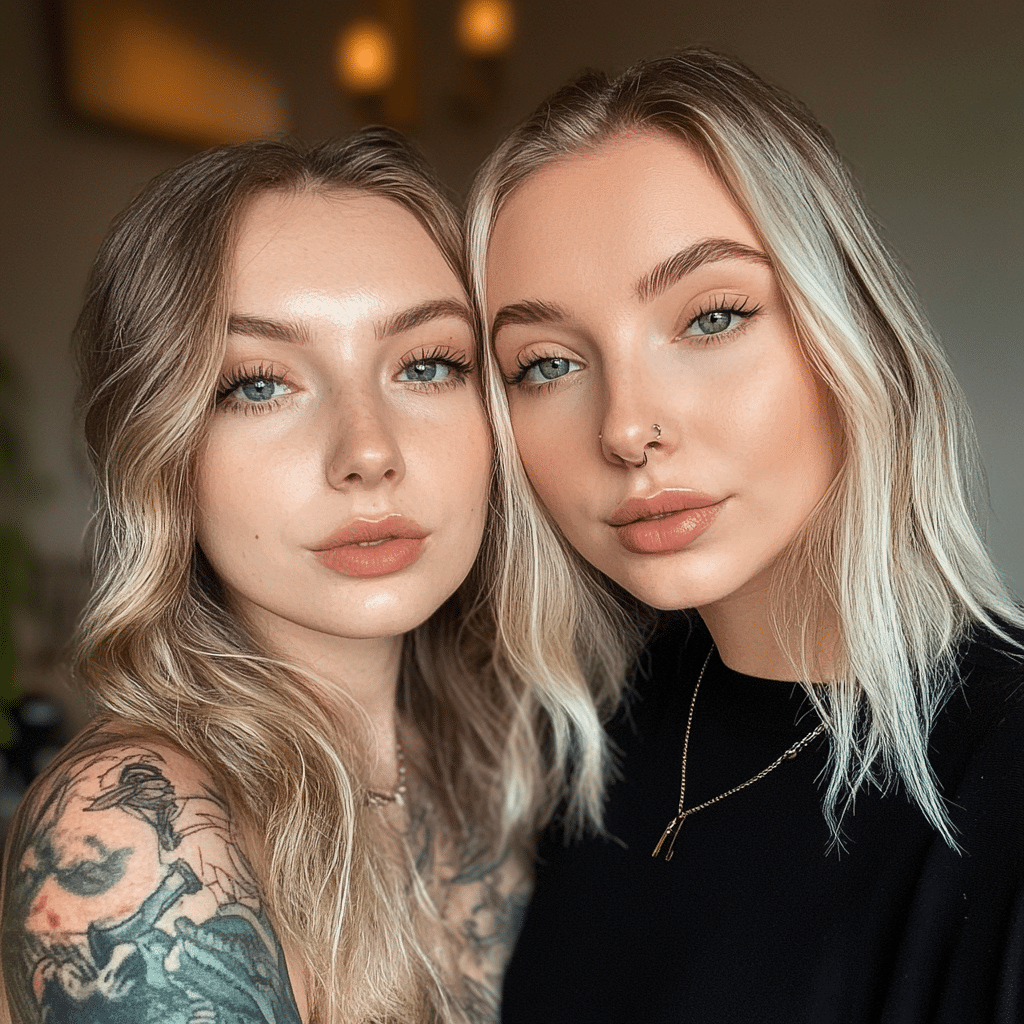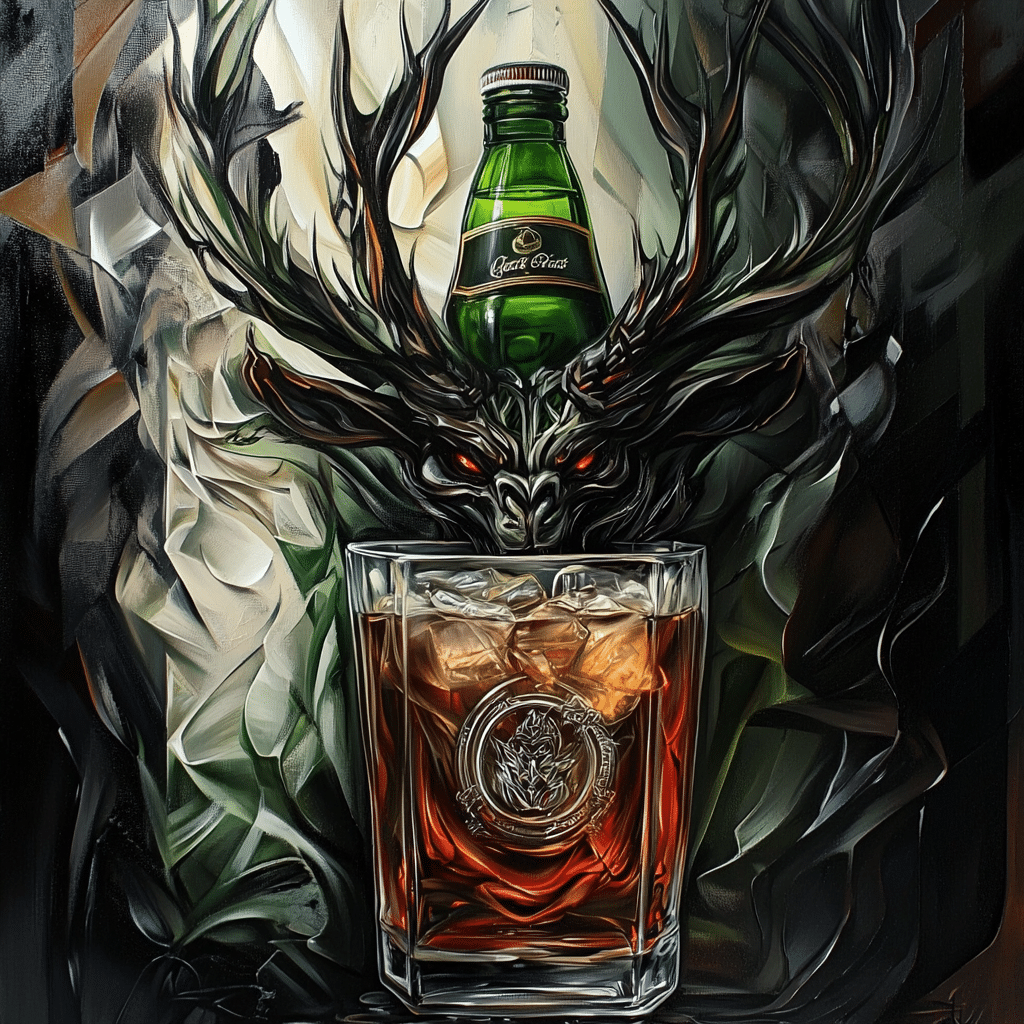Nonsensical lyrics in songs – we’ve all heard them, hummed along to them, and scratched our heads trying to piece together their peculiar charm. Why does a particular sequence of seemingly random words stick in our minds? In this deep dive, we explore the enchanting world of nonsensical lyrics and uncover why these auditory curios may find a special place in our playlists and our hearts.
The Peculiar Charm of Nonsensical Lyrics in Music History
From the onset of rock’n’roll to the hip-hop beats of today, nonsensical lyrics have been an enduring feature in the tapestry of music history. These lyrical puzzle pieces often serve as a playground for artistry, where songwriters and musicians color outside the lines of conventional storytelling. What’s the allure, you ask? It’s the way they give us a brain teaser wrapped in a melody, making the song memorable, if not outright addictive.
Songs with nonsensical lyrics have a knack for tapping into our emotions or state of mind. They’re the sonic versions of abstract art, leaving interpretation wide open. And, let’s face it, sometimes they’re just downright fun — throwing your hands up in the air like you just don’t care, right? hands up Emoji. They resonate on a visceral level, making your workout playlist or morning jog infinitely more lively as you attempt to belt out lyrics that leave passersby with a twinkle of bewilderment in their eyes.
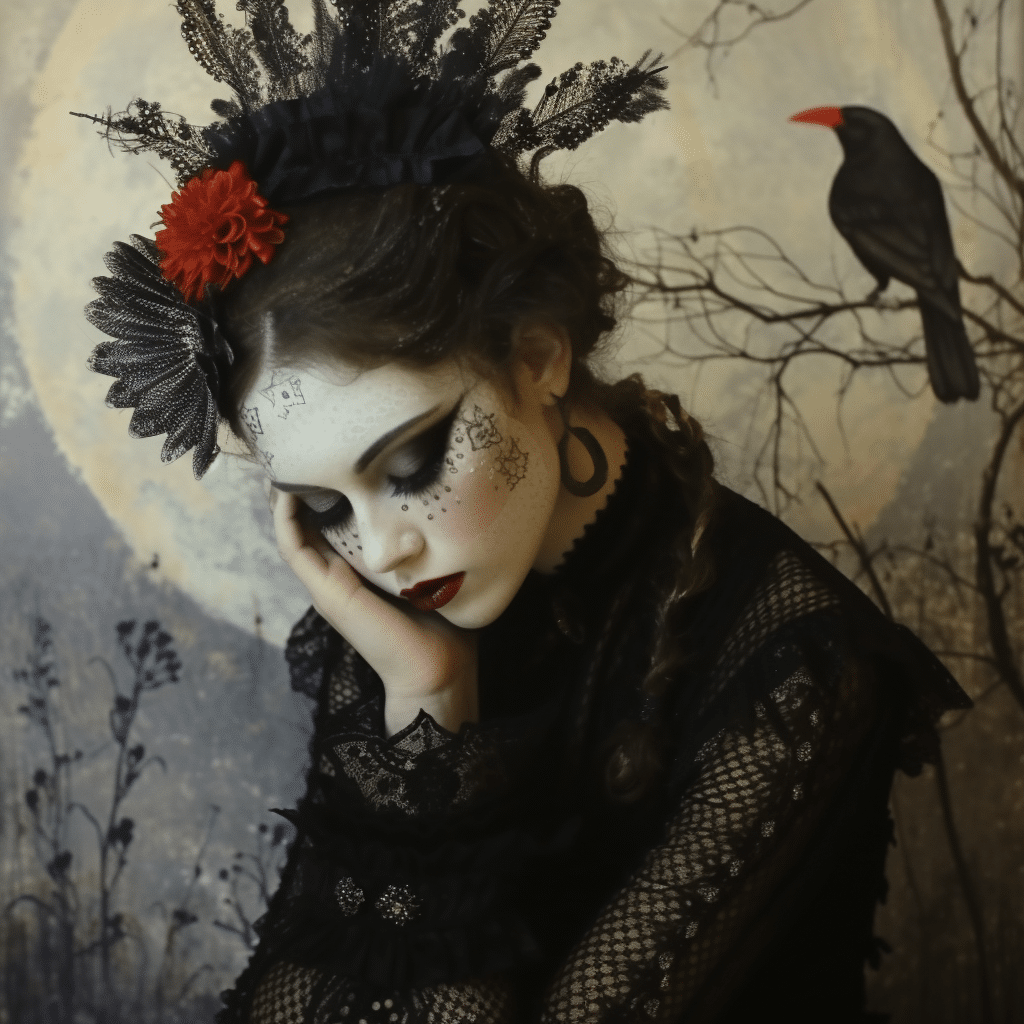
“I Am the Walrus” by The Beatles: A Kaleidoscope of Confusion
“Oh, I am the eggman, they are the eggmen, I am the walrus, goo goo g’joob.” John Lennon’s famous word salad from “I Am the Walrus” is as synonymous with nonsensical lyrics as Loeffler Randall shoes are with chic fashion Loeffler Randall. Lennon himself reveled in the absurdity, weaving vibrantly surreal imagery into the song. The kaleidoscope of confusion was a deliberate act to perplex those who might overanalyze The Beatles‘ lyrics.
Listeners in the psychedelic fever of the 1960s embraced the nonsensical nature of these lyrics as part of the era’s broader experimentation. But why does “I Am the Walrus” continue to enchant us today? Perhaps it’s Lennon’s knack for creating earworms that defy time. The song urges listeners to find meaning in the meaningless, to appreciate the sound and emotion over the precision of narrative.
| Song Title & Artist | Nonsensical/Hyperbolic Lyric | Context in Verse | Possible Interpretation |
| “I Am the Walrus” – The Beatles | “I am the eggman, they are the eggmen. I am the walrus.” | Abstract thoughts and imagery. | Commentary on identity or a playful jab at confusing critics. |
| Bohemian Rhapsody” – Queen | Scaramouche, Scaramouche, will you do the Fandango! | Operatic section of the song. | Could be a reference to a dance or pure theatrical absurdity. |
| “Express Yourself” – NWA | “I don’t smoke weed or cess, Cause it’s known to give a brother brain damage.” | Rap verses about personal expression. | Contradictory as some members did promote drug use. |
| “Firework” – Katy Perry | “Cause, baby, you’re a firework.” | Building self-esteem in the verse. | Hyperbole used to inspire self-confidence. |
| “Black Hole Sun” – Soundgarden | “Black hole sun, Won’t you come and wash away the rain.” | Dark, introspective verse. | Nonsensical imagery paired with emotional pain. |
| “My Love Is Like…Wo” – Mya | “My love is like…wo, my kiss is like…wo.” | Confident and sensual verses. | Hyperbole to express the depth of her love and passion. |
Beck’s “Loser”: Embracing the Absurd through Slacker Anthems
In the denim-clad ’90s, Beck Hansen burst onto the alternative rock scene slinging verses like, “In the time of chimpanzees, I was a monkey.” “Loser” became an anthem, with its eclectic mix of folk, rap, and grunge textures combined with disjointed, stream-of-consciousness lyrics. It wasn’t about telling a coherent story; instead, Beck encapsulated a feeling, an ethos that resonated with Gen X’s slacker vibe.
Beck’s own take on his lyrical gymnastics presents a blend of self-deprecating humor and a deep dive into the language itself. The words pull you in different directions, evoking distinct images and ideas that conjure a mood rather than a clear-cut message. It’s a testimony to how music can capture zeitgeist in a way that straightforward narratives might not.

Red Hot Chili Peppers and the Art of Lyrically Scatting
Jumping aboard the nonsensical lyrics train, the Red Hot Chili Peppers’ Anthony Kiedis is notorious for his lyrical scatting. Take “Around the World” for instance – it’s a melting pot of bizarre phrases amped up with funky basslines. The assertive opener, “All around the world, we can make time,” leaps into a jumble of wordplay that might leave literalists scratching their heads.
These lyrics are less about cogency and more about the feels. When Kiedis delivers lines like “Bonafide ride, step aside my Johnson,” it’s the rhythm and vibe that hit home, not the clarity of the message. Kiedis’s approach to writing often involves setting melody to gibberish before replacing it with actual words. Yet, sometimes, those playful placeholders resonate so strongly, they stick.
Missy Elliott’s “Work It”: Unraveling Sonic Puzzles
Missy Elliott took the nonsensical to a whole new level by literally flipping it, putting her thing down, flipping it, and reversing it. “Work It” is a masterclass in musical intrigue, challenging listeners to decode reversed lyrics while getting down to her innovative beats. Missy creates a sonic puzzle that rewards the curious with layers of meaning – an aural reverse coloring book, if you will reverse coloring book.
The genius of Elliott’s nonsensical approach is in how she plays with audibility and surprise. Her songs are an invitation to a musical hide-and-seek, where familiar phrases blend into an innovative soundscape, compelling you to listen closer, dance harder, and embrace the linguistic playground she constructs.
Miley Cyrus’s “We Can’t Stop”: A Contemporary Take on Nonsensical Verses
Fast forward to the 2020s, and you’ve got Miley Cyrus’s “We Can’t Stop.” Here, nonsensical lyrics mesh with the era’s cultural zeitgeist. With references to doing lines in the bathroom and shaking it like we’re at a strip club, the song feels tailored to a generation engrossed in the bright lights of social media and the relentless chase for virality.
The song’s chorus reverberates with the echoes of meme culture, nods to our collective digital personas, and serves as a commentary on the FOMO-induced lifestyle many are pursuing. “We Can’t Stop” invites listeners to interpret, and perhaps, live out the fever dream that is modern party culture, with Miley as the pied piper leading the charge.
Conclusion: The Unfathomable Allure of Nonsense in Lyricism
To wrap it up with a nice little bow, the peculiar pull of nonsensical lyrics might seem unfathomable at first glance, but upon closer inspection, we see a method to the madness. These lyrics defy the mundane, inviting us to stretch our imaginations and enjoy the rhythm and flow that words can bring into our lives.
Nonsensical lyrics are not merely vehicles for amusement; they are the sparks that ignite discussions, inspire creative interpretations, and become the heartbeat of certain tracks. They dare us to question, engage, and ultimately remember that the language of music is about connection as much as it is about content. In every warbled verse or inverted chorus, there’s a piece of shared human experience – and perhaps that is the true magic of music. So, the next time you find yourself pondering the profundity of a nonsensical lyric, take a moment to appreciate the artistry behind the absurd and the boundless possibilities it represents. After all, isn’t life itself a little nonsensical?
Embrace the Bizarre: A Joyride Through Nonsensical Lyrics
Alright, folks, let’s dive into the rabbit hole of tunes that’ll have you scratching your head and tapping your feet at the same time. You know the drill—the music starts, and the lyrics kick in, leaving you wondering if you just missed a secret code or if the songwriter’s cat walked across the keyboard. But, hey, that’s the charm of nonsensical lyrics!
“I Am the Walrus” by The Beatles
Okay, picture this: four chaps from Liverpool, and one of them starts belting out about being an eggman and a walrus. Yep, we’re talking about “I Am the Walrus” by The Beatles. John Lennon really threw us a curveball with lines like “Yellow matter custard, dripping from a dead dog’s eye.” Navigating those lyrics is like trying to find your keys in the dark without an Airtag holder. It’s mystical, it’s maddening, it’s… well, it’s Lennon.
“MacArthur Park” by Richard Harris
Ever lost something you couldn’t replace? Like, say, a cake out in the rain? If you’re Richard Harris belting out “MacArthur Park,” that’s a big old yes. He’s wailing about recipes and sweet, green icing flowing down—feeling like you’re in a baking show gone wrong. But as any heartbroken baker might tell you on a blog titled She will cheat, sometimes you’ve just got to let that cake go and move on.
“Work It” by Missy Elliott
Here’s the deal with Missy Elliott’s “Work It”—it’s a banger but deciphering the lyrics is like attempting to understand How To get curly hair when all you’ve got is a straightener and a dream. When she says,I put my thing down, flip it, and reverse it, and then literally reverses the words, your brain does a doubletake. But still, you groove to it, because that’s just how Missy rolls.
“#SELFIE” by The Chainsmokers
Think of “#SELFIE” by The Chainsmokers as the anthem of our social media-obsessed society. It’s chock-full of club beats and ramblings akin to what you’d overhear from a Cheergirl727 profile (cheergirl727), chattering away in the ladies’ room of a nightclub. The scattered thoughts about exes and a candid commentary on lipstick might not make the Queen’s English, but they capture a moment in time, for sure.
“Lucy in the Sky with Diamonds” by The Beatles
Let’s circle back to The Beatles, where they do it again with “Lucy in the Sky with Diamonds,” painting a picture that’s one part Lewis Carroll, one part Salvador Dali. From tangerine trees to marmalade skies, each verse is a ticket to a Technicolor daydream. It might be as comprehensible as explaining who Harper Vivienne ann lockwood is to someone who’s never opened a celebrity gossip mag, but it’s pure magic.
So there you have it, a whirlwind tour of tunes that toss out the rulebook and just let the words fly like confetti. Whether they make you giggle or just give you that “eureka” moment on the dancefloor, nonsensical lyrics prove that sometimes, it’s not about making sense—it’s about making an impact. Keep grooving, folks! 🎶
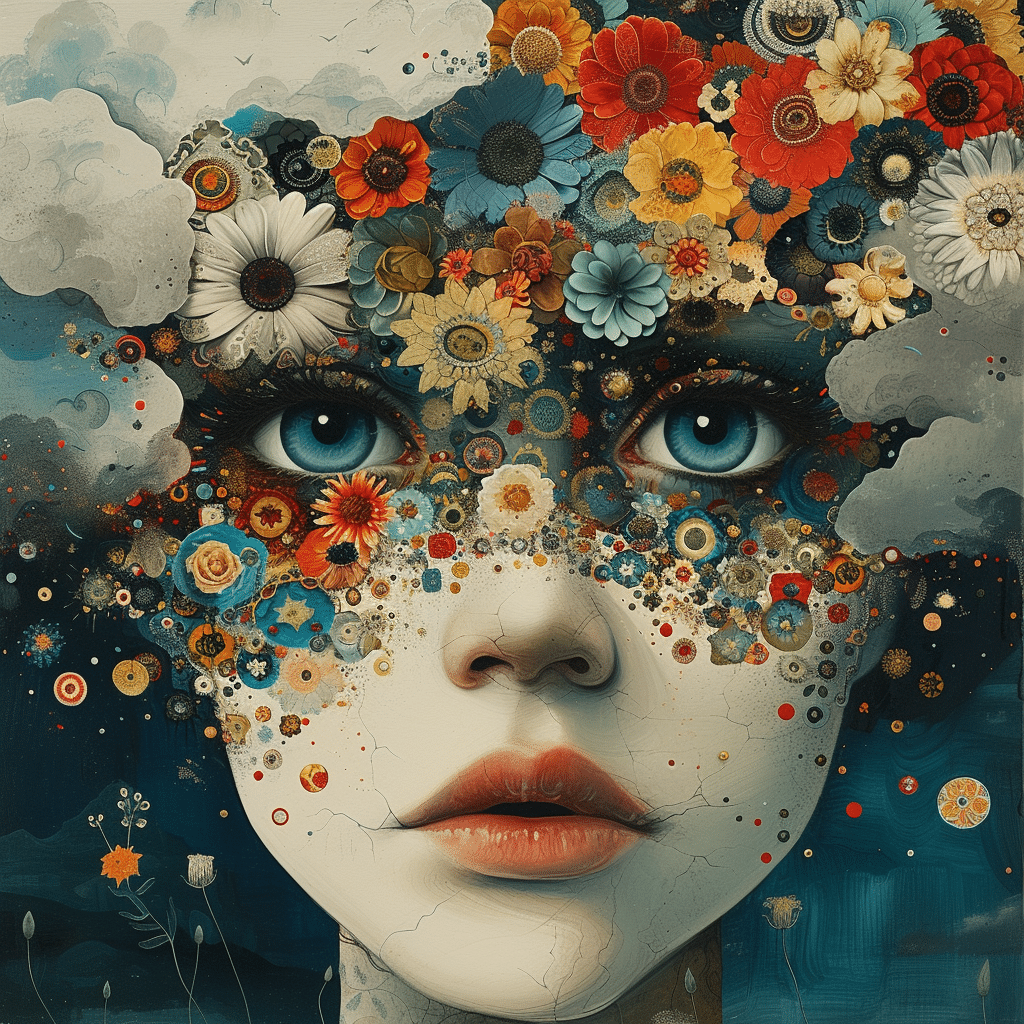
What is a chunk of lyrics called?
– Hung up on what a chunk of lyrics is called? Simply put, it’s a “verse.” This is where artists really hit their stride, spilling the beans on the story or theme of the tune. A song’s verse is its bread and butter, typically following the same melody but playing with different words to keep us hooked line and sinker.
What are songs without cuss words?
– Got a hankering for tunes that won’t make Granny blush? You’re in luck! Songs without cuss words are like a breath of fresh air — totally family-friendly. They’re the kind of tracks that won’t ruffle any feathers at your next family shindig.
What is the best song with no cuss words?
– On the hunt for the crème de la crème of clean rap songs? Look no further than NWA’s “Express Yourself.” It’s the gold-standard rap song minus the potty mouth, yet bursting with rhythm and rhyme. Just two days ago, it was all the rage, proving you don’t need to drop a single cuss word to drop a beat.
What is an example of exaggeration in a song?
– Looking for a whopper of an exaggeration in a song? Try on some hyperboles for size! Like Rihanna, lighting up the dark with “Burning brighter than the sun,” nabbed just six days ago. These lyrical flourishes are so out there, they’d make Pinocchio’s nose look like a stub.
Is a song called a jam?
– Ever hear a beat so good you can’t help but say, “That’s my jam”? Of course, it’s a colloquial way to declare your love for a track. A “jam” is that song you just can’t shake, the one that has you bopping your head and tapping your feet without fail.
Why is a song called a jam?
– So, why do we call a killer track a “jam”? Well, it’s like when musicians jam out, they’re riffing, they’re in the groove — it’s spontaneous and smooth. When a song captures that magic, that’s a jam, my friend — the kind of tune that makes you want to break out the air guitar.
What song was banned with no words?
– Talk about a musical mystery! The instrumental piece “Sleep Walk” by Santo & Johnny actually found itself banned in some places without a single word spoken. It’s the kind of trivia that’ll make you scratch your head and wonder, “What gives?”
Why do rappers swear so much?
– Ever wonder why rappers seem to have such potty mouths? It’s all about expression and the gritty reality of their themes. They swear to pack a punch, to give the raw truth the street cred it deserves. It’s a stylistic choice, as natural to rap as beats are to rhymes.
Why do songs have E?
– Now, ever noticed that ‘E’ on your favorite jams and wondered what’s the deal? Well, it stands for explicit, the musical equivalent of a “Handle with Care.” It’s a heads-up that the lyrics are uncut, full of raw emotion and, yes, possibly a four-letter word…or two.
What Eminem song has no cuss words?
– Searching for some Shady tracks that won’t make you blush? Eminem’s “Mockingbird” swoops in as a classic with no cuss words. It’s like finding a needle in a haystack, considering Slim Shady’s rep for racy rhymes.
What songs does Eminem not swear in?
– Eminem, the word wizard of rap, may often push the envelope, but he’s got tracks like “Mockingbird” and “When I’m Gone” where he doesn’t drop a single swear word. They’re like hidden gems for fans who prefer their beats without the heat.
Is it okay to swear in a song?
– Is tossing a swear word into a song okay? Well, that’s a hot potato. It’s all about context and what you’re comfortable with. Like salt in cooking, a little can add flavor, but overdo it and you’ll spoil the broth.
What is exaggerated language?
– Exaggerated language, or hyperbole, is like tossing a Hail Mary in writing — it’s a big, bold move that catches attention. It showcases something so ginormous or minuscule, it can’t help but pop, kind of like saying you’re so hungry you could eat a horse.
Why do writers exaggerate?
– Why do writers go all out with exaggeration? Simple: to make a splash! They crank up the volume on their words to jolt you, to paint a picture so vivid, you can’t look away. It’s like adding spice to get that kick!
How do you exaggerate a word in writing?
– To exaggerate a word in writing, you gotta amp it up, make it larger than life. Think of it like saying “hungry as a bear” instead of just “hungry.” It’s not just rain; it’s a torrential downpour. You get the drift — it’s all about making the usual suspects unforgettable.
What is a section of a song called?
– When you’re dissecting the anatomy of a song, each section—like the chorus, verse, or bridge—has its own name. Picture them as chapters in a book, each telling part of the story but with its own twist. It’s the verse that usually dives deep into the song’s story with new lyrics each time ’round.
What is a bunch of songs put together called?
– A bunch of songs put together? That’s what we call a playlist or an album, depending on your vintage. It’s your personal soundtrack, a collection of tunes that tell a story, set a mood, or just keep you grooving from start to finish.
What are pieces of music called?
– Puzzle over what to call pieces of music? We’ve got you covered. They’re “tracks,” “compositions,” or “scores,” depending on the context. Whether it’s a single tune or part of a larger work, each piece has its role in the grand symphony of sound.
What is a block of a song called?
– What about a solid block of a song? You’re likely talking about its “section” or “part.” Each block — think verse, chorus, or bridge — is like a building block, carving out space for different moments in the melody to shine.


